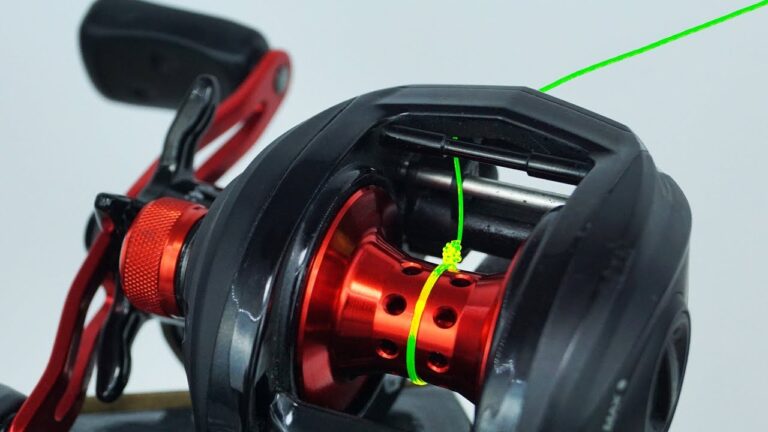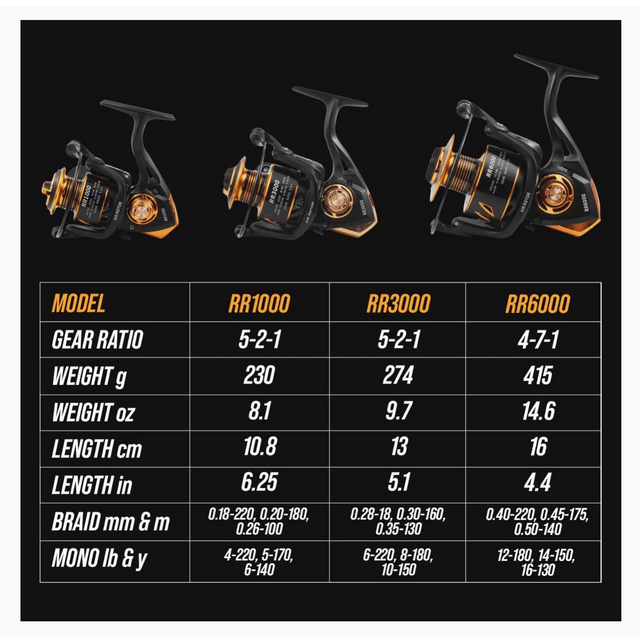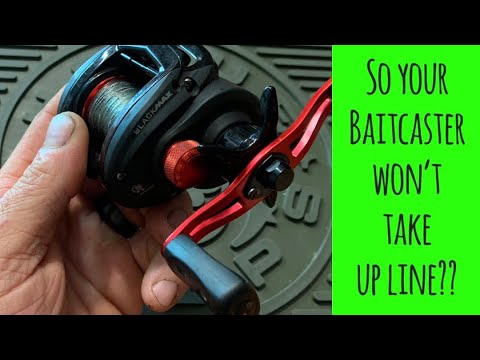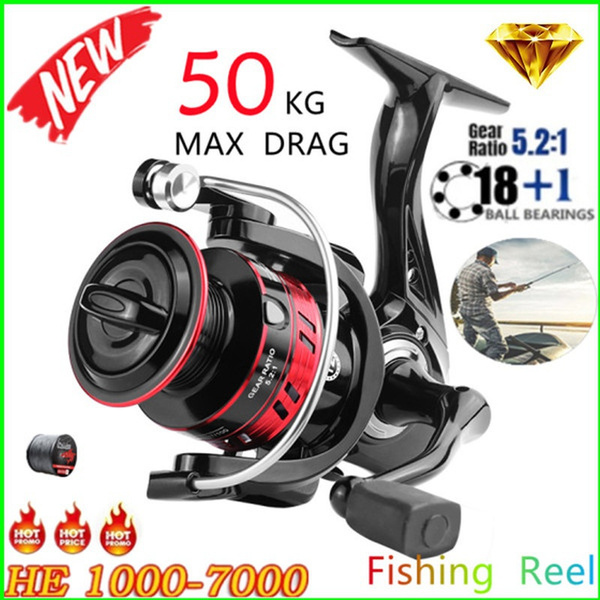How to Tie a Knot on a Baitcaster Reel
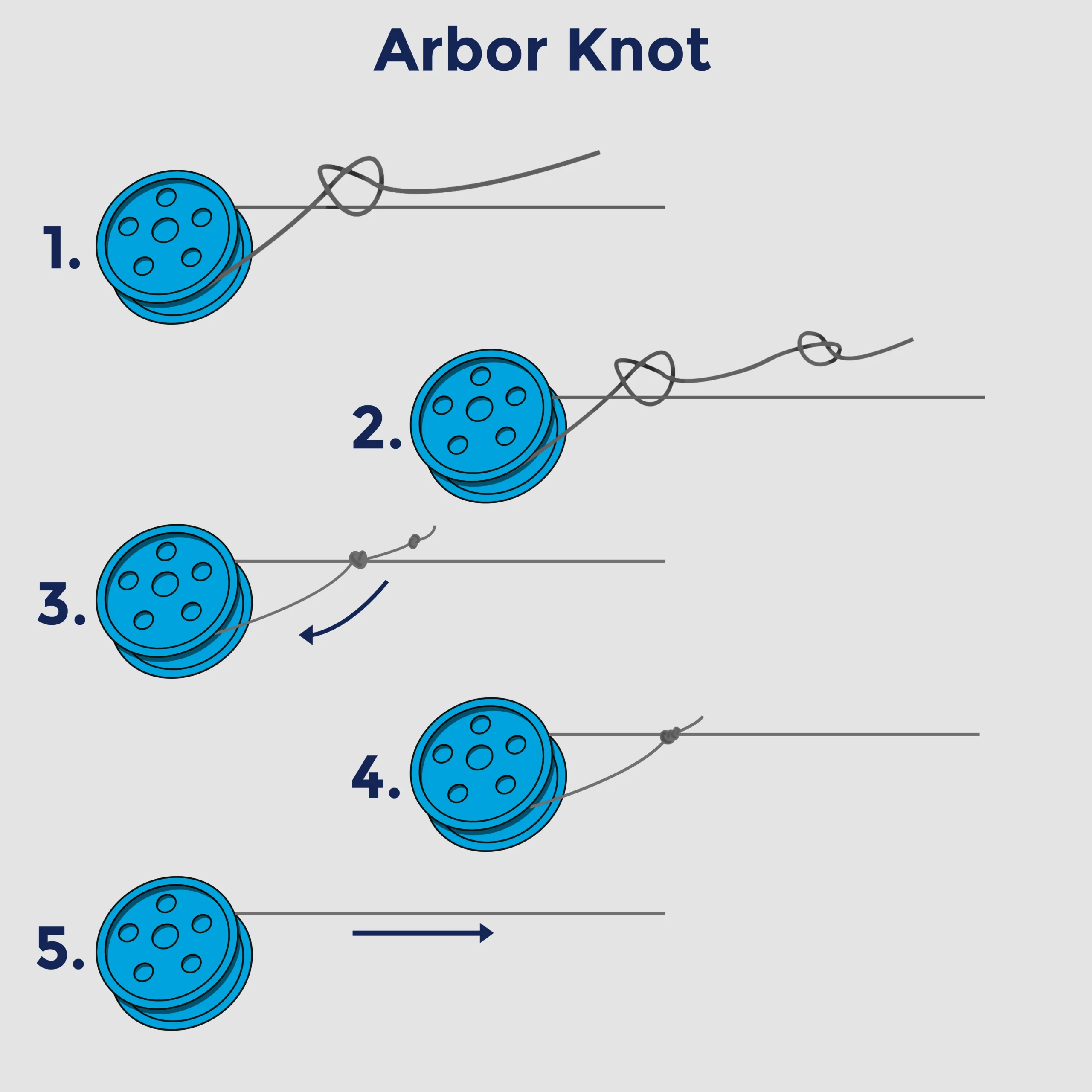
To tie a knot on a baitcaster reel, thread the line through the guides and wrap it around the spool. Secure the line with an arbor knot for optimal performance.
Anglers everywhere know that the secret to a successful fishing trip often lies in the details, like properly tying a knot on your baitcaster reel. The essence of securing your fishing line to the baitcaster lies in choosing the right knot.
An arbor knot is the go-to for most baitcaster enthusiasts, providing a strong base for the fishing expedition. Whether you’re just starting out or you’re a seasoned fisherman, mastering the simple yet effective arbor knot can make all the difference. Let’s dive into the specifics of prepping your baitcaster reel for that big catch, ensuring the knot holds tight and your line stays intact against the fighting spirit of your next trophy fish.

Credit: www.tiktok.com
Essential Equipment For Baitcaster Setup
Selecting the right baitcaster reel is crucial for successful fishing. Ensure that the reel fits your rod perfectly. Check the gear ratio; a higher ratio means faster retrieval. Consider the reel’s weight for comfortable handling. Ensure it has a smooth drag system.
Choosing the ideal fishing line depends on your target fish. Use heavier lines for bigger fish. Braided lines are strong and thin, perfect for clear waters. Fluorocarbon lines are nearly invisible underwater, great for spooky fish. Monofilament lines are affordable and good for beginners.

Credit: www.youtube.com
Preparation Steps Before Tying The Knot
Gathering the right equipment is essential before you start tying a knot. Make sure you have a baitcaster reel, a suitable fishing line, and scissors. Choose a fishing line that is appropriate for the fish species you aim to catch.
Threading the line through the guides of your baitcaster reel requires focus and patience. Begin at the rod tip. Carefully insert the end of the line into the first guide. Continue threading through each guide, moving towards the reel. This ensures your line is evenly distributed.
Knot Tying Techniques On A Baitcaster
To master the Arbor Knot for your baitcaster reel, start by wrapping the line around the spool. Make an overhand knot with the free end around the standing line. Pull it tight to the spool. Then tie another overhand knot at the tag end of the line. This knot stops the line from slipping. Pull the main knot tight against the spool and trim excess.
Two other reliable alternatives are the Improved Clinch Knot and the Palomar Knot. The Improved Clinch Knot is strong and works well with monofilament line. Make five turns with the line around itself before passing through the loop near the eye. Then pass through the big loop and pull. For the Palomar Knot, double the line and push the loop through the hook’s eye. Tie a simple overhand knot with the doubled line. Pass the hook through the loop and pull tight.
Securing The Knot For Optimal Performance
Securing your knot ensures the baitcaster reel performs at its best. Begin by pulling the line tightly to test the knot’s strength. A strong pull will help determine if the knot holds firm or needs retying.
After confirming the knot is secure, it’s time to remove excess line. Use sharp scissors or a specialized line cutter for a clean cut near the knot. Leaving a small tag end, about 1/8 inch long, can prevent the knot from slipping.
Remember, knots must be tight and neat for the best fishing experience. Always check for weak spots before casting. This attention to detail will reduce the chance of line failure during a catch.
Maintenance And Troubleshooting
Caring for your baitcaster reel is crucial for great performance. Perform regular cleanings after each use to prevent dirt buildup.
Make sure to oil the reel’s moving parts lightly. Use a soft, dry cloth to wipe down the reel. Untangle knots immediately to avoid damage. Keep an eye on the line for wear and tear.
Common issues like line knots can hinder casting. Gently pull line out when a knot is detected. If the line is twisted, remove the spool and realign. Replace the line if knots persist or it feels rough.

Credit: www.youtube.com
Advanced Knots For Experienced Anglers
The Uni Knot is a versatile choice for baitcaster reels. Ideal for its strength and ease, this knot works well with various line types. To tie it, first loop the line around the hook eye and make a simple overhand knot. Don’t tighten it fully, instead pass the tag end through the hook eye again. Hold both ends and pull to secure the knot tightly.
Exploring more advanced knots, the Blood Knot excels in joining two lines of similar diameter. For skilled anglers, this knot provides high integrity and a smooth transition. By intertwining the two ends around each other and bringing each back through the middle, the Blood Knot is created.
The FG Knot is praised for its low profile and exceptional strength. It’s favored in situations where a smooth line run is crucial, such as passing through rod guides. Tying this knot involves creating a series of weaves and loops between the main line and the leader before securing it tightly.
Frequently Asked Questions On How To Tie A Knot On A Baitcaster Reel
What Knot Do You Tie On A Baitcaster?
Tie an Improved Clinch Knot on a baitcaster for secure lure attachment. It’s strong, easy to tie, and works well with various fishing lines.
How Do You Tie A Knot On A Reel?
Loop the line around the reel spool. Tie a simple overhand knot around the standing line. Pull tight, creating a second overhand knot as a stopper. Slide the knots down to the spool. Trim excess line.
How Do You Fix A Knot In A Baitcaster?
Stop the reel and gently pull the line to locate the knot. Carefully tease the knot apart using a thin object like a pin. Avoid pulling too hard, which might tighten the knot. Once untangled, reel the line in slowly, ensuring it lays evenly on the spool.
How Do You Tie Off Line On A Baitcaster?
Thread the line through the guides on the baitcaster rod. Tie the line to the reel using an arbor knot. Trim excess line from the tag end after securing the knot. Ensure the line lays evenly by applying tension as you reel.
Conclusion
Mastering the baitcaster knot is essential for every angler’s success. This skill ensures your lure stays secure, boosting your confidence on the water. Embrace the techniques discussed, and with practice, your knot-tying prowess will flourish. Let your next fishing adventure be marked by the perfect cast, thanks to a well-tied knot.
